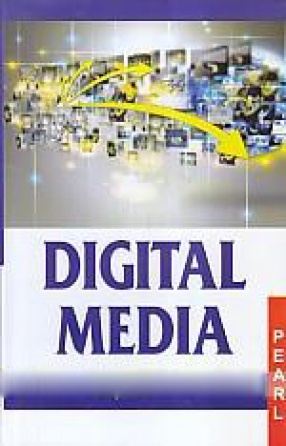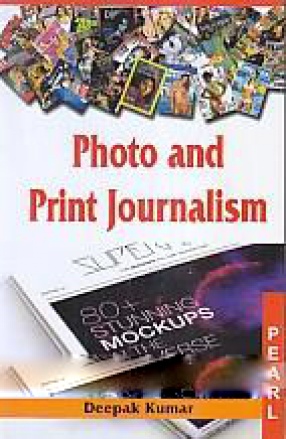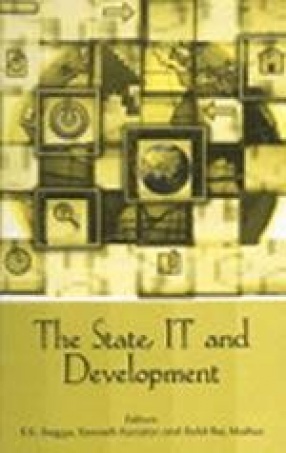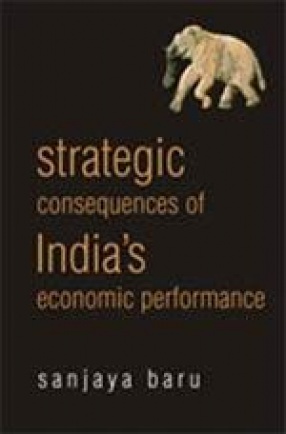Recent decades have seen an unprecedented growth in Information and Communication Technologies (ICTs), ushering in what is commonly referred to as the "Information Age." This book explores whether modern ICTs can deliver on their promises of democracy, prosperity, and well-being for the people of developing nations who comprise 80 percent of the world’s population. In order to do this, this volume uses lessons from the Indian experience-a country where Information Technology (IT) has made giant leaps, but which suffers from what has been described as multiple "digital divides. The contributors explore four such closely interrelated divides. The first is internal-between the digitally empowered rich and the poor. The second is a linguistic-cultural gap between English and other languages and between "Anglo-Saxon Culture" and other world cultures. The next gap is underscored by disparities in access to information technology and between rich and poor nations. Finally, there is the phenomenon of the "digerati." This is an affluent elite possessing the appropriate skills and means to take advantage of the ICTs. Addressing these several digital divides, this volume maintains that ICTs are not goods in themselves as such. If they are useful they can be so only as instruments in meeting other human, social, cultural, economic or political purposes. The contributors go on to suggest various ways in which ICTs could be used to promote these goals and to increase equity while promoting diversity. This, argue the contributors, can be attained only if we apply the same intelligence and imagination that has gone into creating the technologies themselves. Raising issues that are important not just to India but to virtually all developing nations, this volume will attract a wide readership among students and scholars of information technology, economics, development studies, and management. It will also be of interest to administrators and policy makers besides the general reader.
Digital Media
$49.50
$55.00









There are no reviews yet.